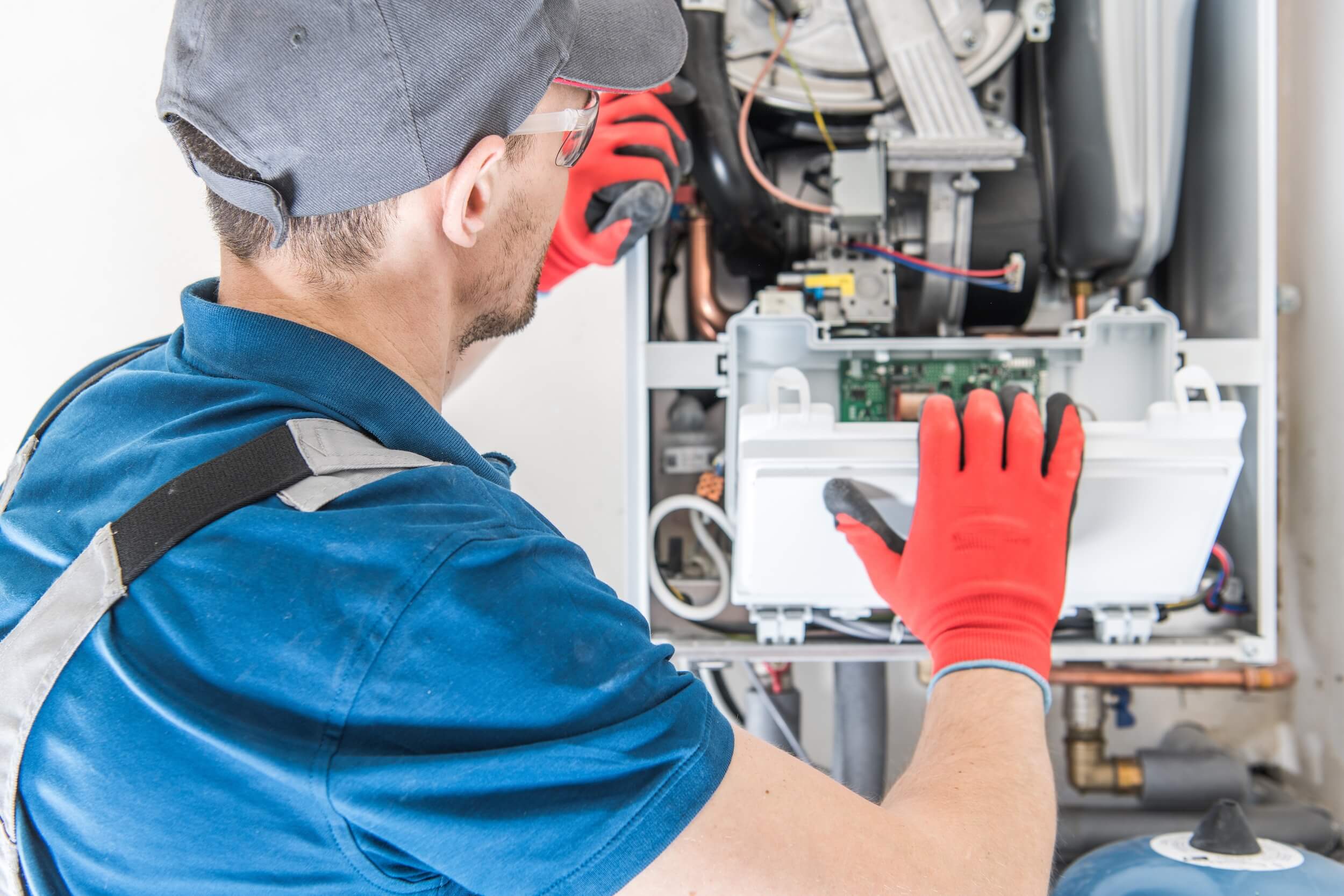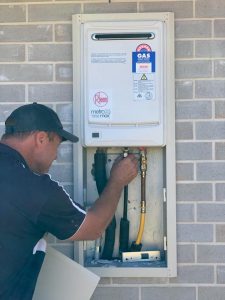Dealing with the Primary Water Heater Urgencies
Dealing with the Primary Water Heater Urgencies
Blog Article
We have encountered this article on Common Hot Water Heater Problems listed below on the web and believe it made perfect sense to write about it with you on this page.

A water heater is one of the most essential fundamental appliances that can be located in a home. With hot water heater, you do not need to go through the tension of home heating water manually every single time there is a requirement to wash, do the laundry, or the recipes. There is constantly a possibility that your water heating system would certainly act up as with many mechanical tools.
It is essential to note any little breakdown as well as tackle it promptly before things leave hand. Many times, your hot water heater begins to malfunction when there is a build-up of debris as a result of continuous usage. As a safety measure, routine flushing of your water heater is advised to prevent debris build-up as well as protect against functional failing.
Usual water heater emergencies and also how to handle them
Dripping hot water heater tank.
A leaking storage tank could be an indicator of deterioration. It could cause damage to the floor, wall surface and also electrical devices around it. You could even go to danger of having your apartment or condo flooded. In this circumstance, you should switch off your hot water heater, allow it to cool, and meticulously try to find the source of the trouble. At times, all you require to do is to tighten up a few screws or pipeline links in cases of minor leaks. But if this doesn't work as well as the leak persists, you might require to utilize the services of a specialist for a suitable substitute.
Changing water temperature level.
Your water heating unit could begin producing water of various temperatures normally ice hot or cold warm. There could be a requirement to change either the thermostat or the heating unit of your water heating unit.
Inadequate hot water
It may be that the water heating system can not sustain the hot water demand for your apartment. You might update your water heating unit to one with a bigger capacity.
Discolored or odiferous water
When this occurs, you require to recognize if the issue is from the storage tank or the water resource. If there is no funny smell when you run cool water, then you are particular that it is your water heating system that is defective. The odiferous water can be caused by corrosion or the accumulation of germs or debris in the water heater container.
Final thought
Some property owners disregard little caution as well as minor faults in their water heater device. This only brings about more damages as well as a possible full malfunction of your home appliance. You should take care of your water heater mistakes as soon as they come near stay clear of even more expenses as well as unneeded emergency troubles.
With water heaters, you don't need to go with the anxiety of heating water manually every time there is a need to take a bath, do the laundry, or the dishes. Your water heater could begin generating water of various temperature levels generally ice cool or scalding warm. It might be that the water heating unit can not sustain the hot water demand for your apartment. If there is no funny smell when you run cold water, after that you are specific that it is your water heating unit that is faulty. The smelly water can be caused by corrosion or the build-up of bacteria or debris in the water heating unit storage tank.
Water Heater Burst: Why This Happens And What To Do Next
Water Heater Explosion Warning Signs
Since storage water heaters are made of metal and store large volumes of heated water, they carry an increased risk of leaking or even exploding as they begin to rust at the fittings and seams over time. If the thermostat controlling the water temperature within the tank is faulty, or if mineral buildup inside the water heater prevents the thermostat from sensing the water’s temperature correctly, the water could become overheated. This will expand its volume within the tank, causing it to press at the tank’s fittings and seams. If these fittings and seams are rusted or corroded, the pressure could result in a leak or even an explosion.
Here are some risk factors and warning signs of an increased risk of water heater leak or explosion:
Your water heater is more than 10 years old. Your water heater makes clanking, banging or rumbling noises as it heats up, indicating that sediment has built up and hardened inside the tank. There is visible rust on the outside of the water heater, especially located at the pipe fittings or the seams that run down the tank. There is rusty water coming from your water heater, indicating that there may be rust building up inside. Your water heater is leaking, which could indicate either a crack somewhere in the tank or a malfunctioning temperature-and-pressure (T&P) relief valve. What To Do When Water Heater Leaks
If you find water dripping or seeping out of your water heater, or pooling around it, it means your water heater is leaking. If you find a leak, it may be best to call a plumbing professional to diagnose the problem and determine how best to handle it. If you choose to tackle it on your own, there are a few things you can do.
TURN OFF THE POWER
Next, shut off the power to the hot water tank at your home’s electrical breaker box. If you don’t shut off the power, the heating elements within the tank could continue to stay hot, which could pose a fire risk.
If you have a gas-powered water heater, you’ll also need to shut off the gas line leading into the tank.
FIND THE LEAK
Now it’s time to determine where the leak is coming from. Likely locations are the T&P valve, the drain valve or one of the pipes or fittings that feed into the top of the tank. If you see any rust or corrosion on the outside of your water heater’s tank, pipes or fittings, these could also be the source of the leak.
REPAIR THE LEAK
Once you determine the source of your water heater leak, you’ll have a better idea of what steps you need to take to fix the problem. It may be a simple fix—such as using a wrench to tighten fittings or replacing the T&P valve—but it may be something more complicated. You may even need to drain the tank, remove the water heater and install a new one.
https://www.abchomeandcommercial.com/blog/water-heater-burst/

As a reader on The Importance of Water Heater Maintenance, I figured sharing that excerpt was essential. Remember to take the opportunity to share this blog posting if you liked it. We truly appreciate reading our article about Is Your Water Heater Leaking?.
Get Quote Now Report this page